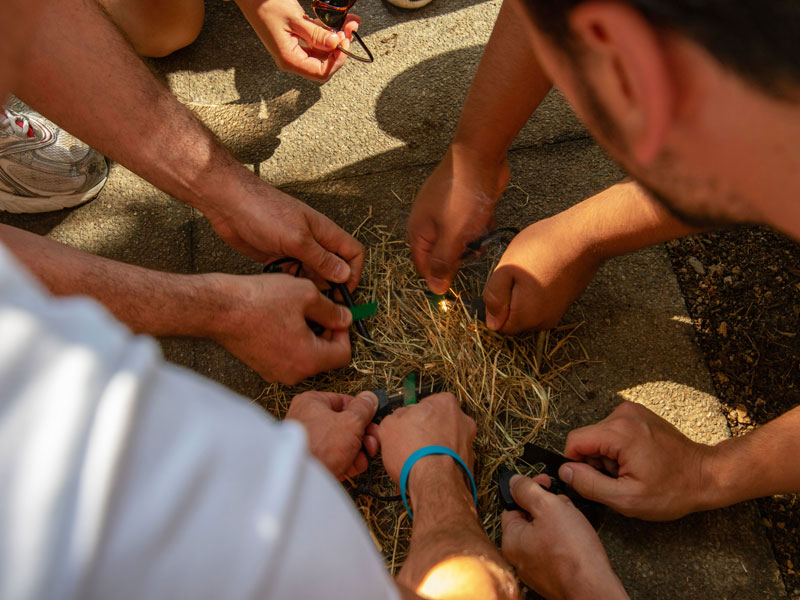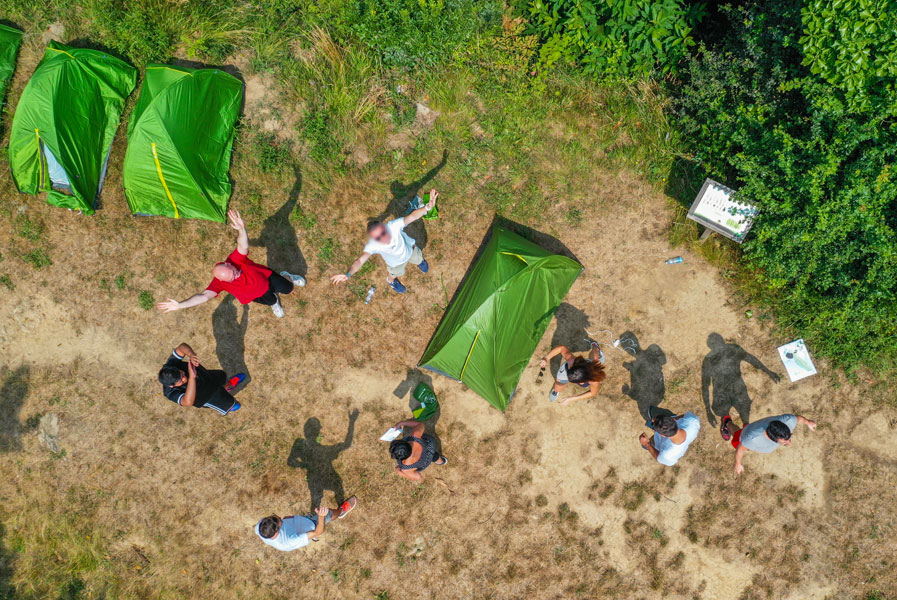What reality TV teaches us about teamwork
Reality TV might seem like pure entertainment, but they are full of insights about group dynamics and teamwork.
MasterChef or Survivor is for instance full of insights about group dynamics and teamwork. In a light yet clever analysis, we’ll explore how these shows mirror office situations—and how team building can strengthen group cohesion, fostering both individual growth and collective performance.

Lessons from reality: MasterChef, Survivor and beyond
In cooking competitions like MasterChef, teams must collaborate under pressure—allocating tasks, adapting mid-challenge and communicating clearly to deliver a shared goal. This mirrors the pressure of project deadlines at work. Similarly, shows like Survivor continuously disrupt group formation, dragging teams back into the “forming” or “storming” stages as predicted by Tuckman’s model of group development, forcing adaptability and resilience.

The parallels with office teamwork
Just like in reality TV, the office often becomes a microcosm of teamwork dynamics: dealing with shifting alliances, communication breakdowns and the need to navigate unexpected changes. Research shows strong group cohesion and open communication are key traits of effective teams. Reality shows bring these traits into sharp focus, illustrating them playfully but clearly.

Using team building to amplify group cohesion
Here’s where office strategy comes in: team building activities, such as MasterChef-styled cooking challenges, or survival and orienteering activities, are more than fun—they translate reality TV lessons into real workplace improvements. They help reinforce collaboration, problem-solving and mutual accountability, much like the pressure tests and signature challenges on TV. Similarly, movie-making activities can foster these same skills and goals

Why it matters for professionals
By using reality TV as a mirror, organisations gain a fresh perspective on team dynamics—recognising phases of group development, understanding stress responses, and observing how leadership and communication affect outcomes. Team building brings those observations to life, helping teams perform better together in real-world tasks.
